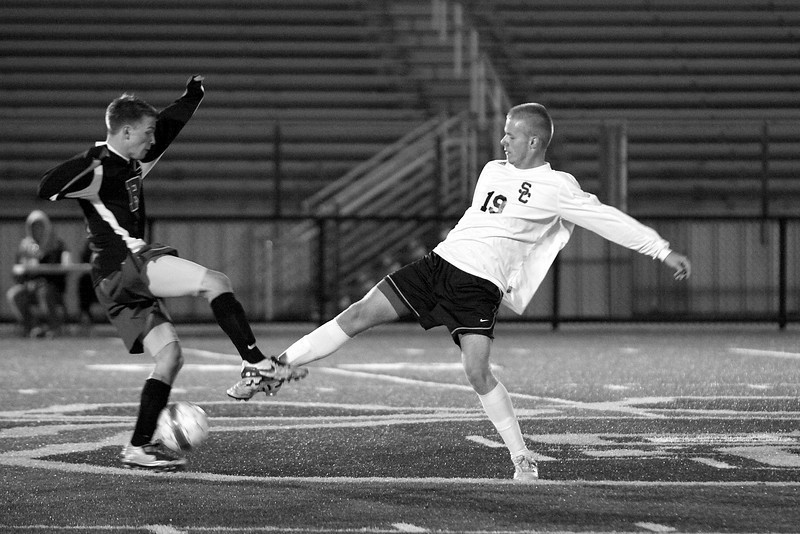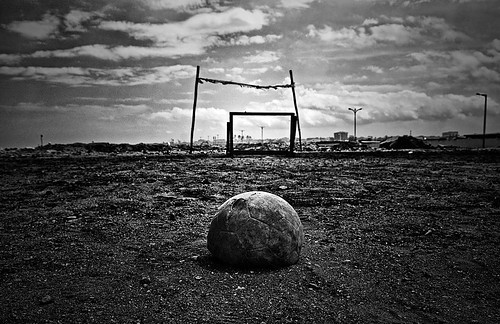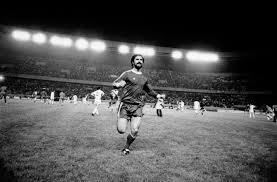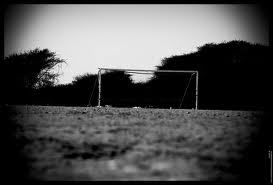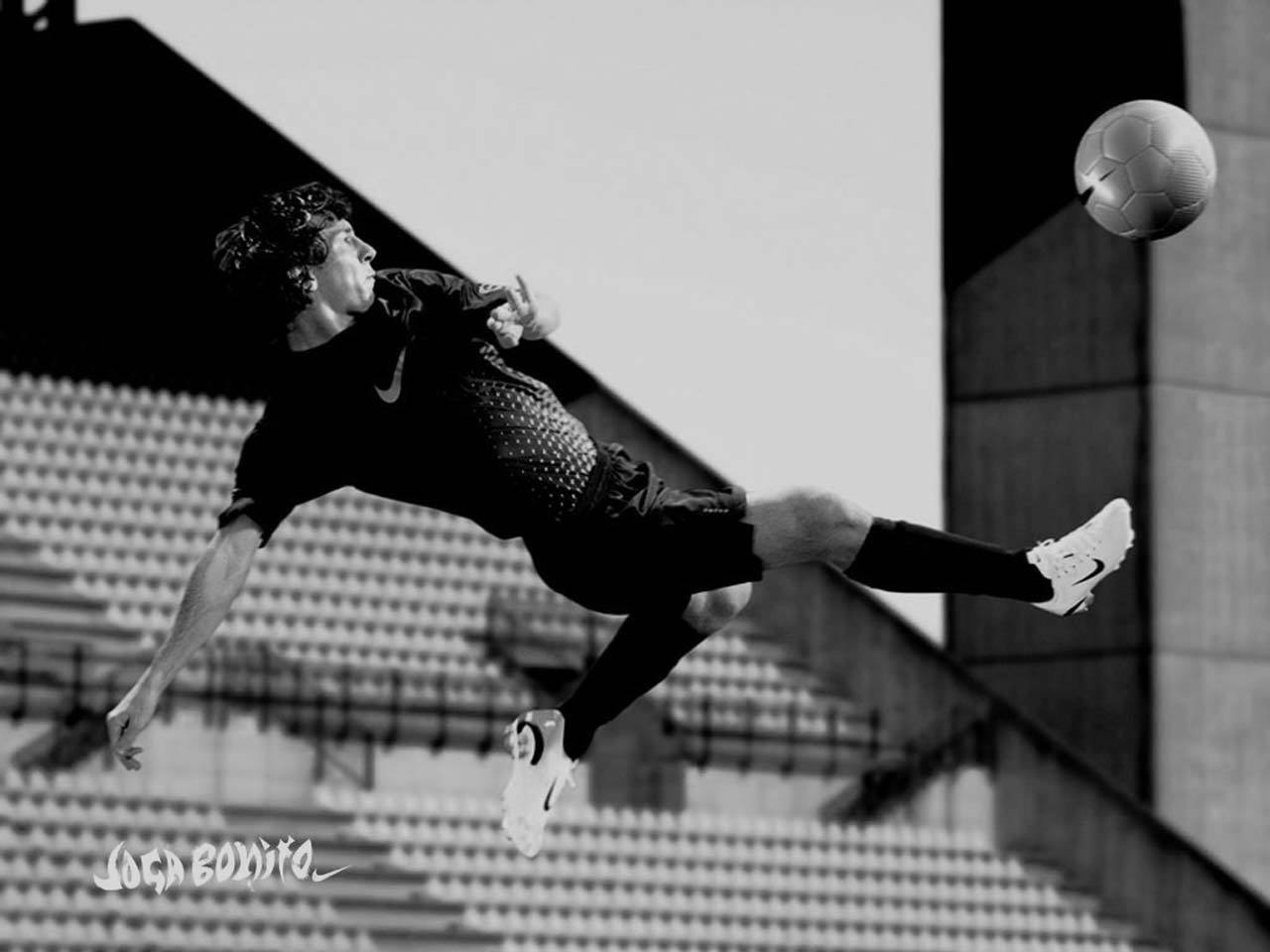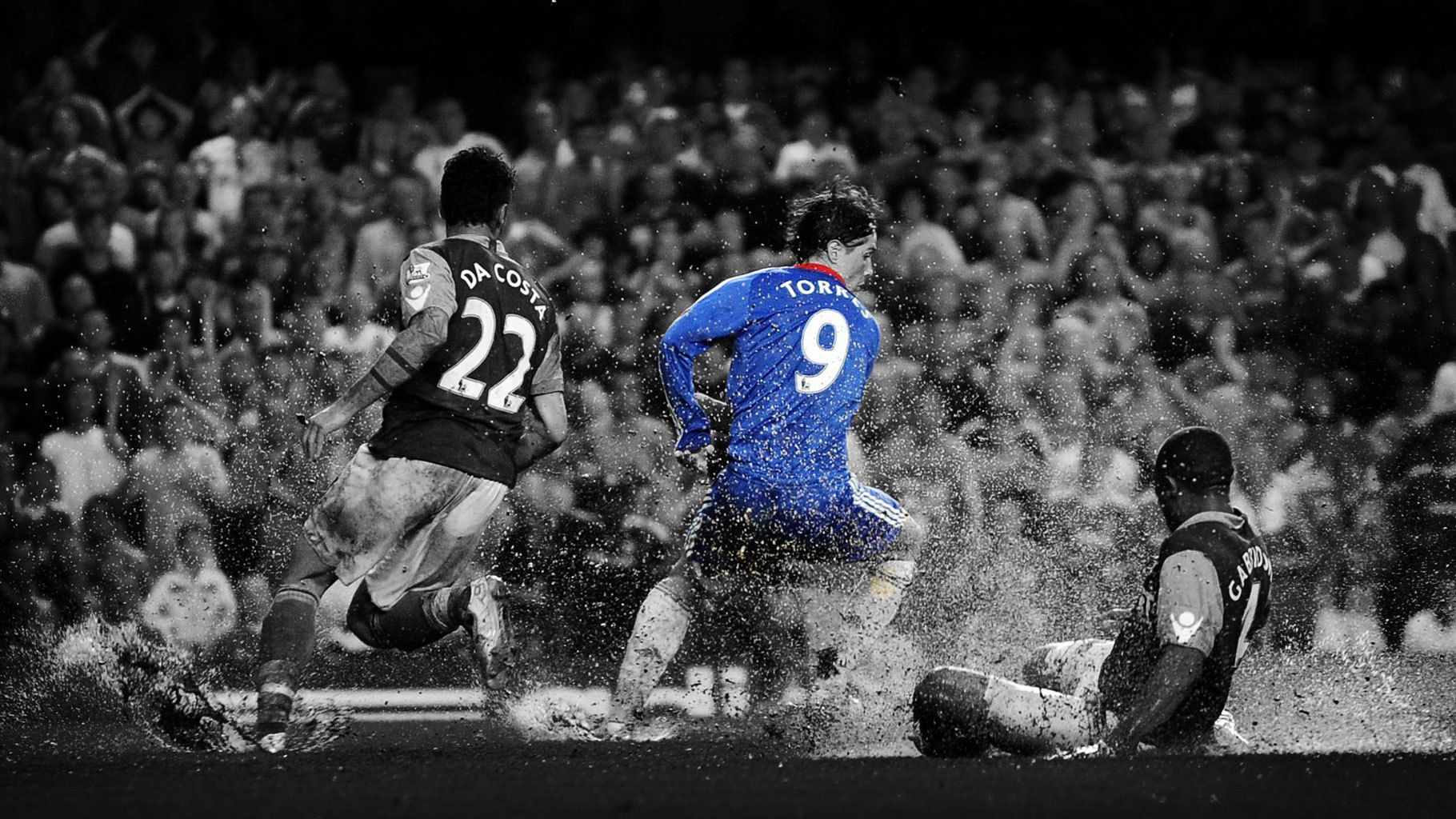A football scout attends football matches on the behalf of clubs to collect intelligence. Primarily, there are two types of scouts: player scouts and tactical scouts. Player scouts or talent scouts evaluate the talent of footballers with a view to signing them on a professional contract for their employers. Some scouts focus on discovering promising young players and future stars, others are employed to run the rule on potential signings. While smaller clubs might only scout within their own country or region, larger, richer clubs can have extensive international scouting networks. Tactical scouts assess the matches of upcoming opponents of the club and prepare dossiers for their teams' tactical preparations. Instead of identifying talent in these matches, the scout assesses the team and each individual player to identify the relative tactical threats and weaknesses in the opposition. Tactical scouts are typically full-time employees of clubs as their knowledge and findings are considered precious to clubs. However, relatively few football scouts are employed full-time, even in the largest professional clubs. By and large, their numbers are made up by talent scouts the vast majority of which work part-time, and a club may hire several hundred - it has been reported, for example, that the Spanish Primera Liga team Sevilla FC has a global scouting network of about 700 player scouts.
Finding players
A player scout typically attends as many football games as possible to evaluate targets first hand. Scouts who wish to identify promising young players typically attend lower-league club games, where their talent can be compared to older peers, or under-16, 18 and 21 international tournaments. Scouts may also receive tips from agents, peers and club colleagues.
Evaluating players
On the first evaluation, player scouts determine whether a player has the desired technical attributes to succeed at the sport. They then highlight this player to the club management. Some of the desired attributes that scouts look in players include:
- Goalkeepers: good reflexes, communication with defence, one-on-one ability, command of the penalty area and aerial intelligence.
- Centre-backs: good heading and tackling ability, height, bravery in attempting challenges, concentration.
- Full-backs: pace, stamina, anticipation, tackling and marking abilities, work rate and team responsibility.
- Central midfielders: stamina, passing ability, team responsibility, positioning, marking abilities.
- Wingers: pace, technical ability like dribbling and close control, off-the-ball intelligence, creativity.
- Forwards: finishing ability, composure, technical ability, heading ability, pace, off-the-ball intelligence.
Once a player has been recommended to a club, the club may continue to monitor his progress over a period from as little as a few months to as many as a few seasons. Scouts continue to evaluate whether a player has turned in consistent performances, if he has retained his appetite for team responsibilities, and so on. When the club is satisfied that a player fits the requirements of the club, the club may extend the invitation to the player to attend a trial at the club, where scouts and coaching staff evaluate the player's suitability for the club in terms of his personality and training attitude. Clubs also tend to perform background checks on the player. A trial at the club allows the club to evaluate the standard of the player against players already on its roster. However, in the top leagues, players are typically not allowed to leave training to undertake trials unless they are already out of contract and need to prove their fitness and ability to any clubs interested. Smaller clubs in need of the cash for transfers may also be more amenable to allowing their players to leave on trials.
Importance of scouting
With the modernisation and globalisation of football and the football club economy, scouting has grown in stature and importance. Competition to search for young talents is extremely keen. Although it is difficult to quantify the prevalence of scouting in modern football, circumstantial evidence of its magnitude is readily available. The former Chelsea chief scout Gwyn Williams is reported to have used a database containing up to 77,000 players while working there. It has also been reported that home games of the French second division club Tours FC are attended by an average of 15 to 20 scouts per game.
The importance of scouting offers football clubs with several distinct advantages:
- Global reach. Scouting allows clubs to cast the largest possible net to find players from all around the world.
- Cheap players. Players from lower leagues can be available at cheaper transfer prices, and command smaller wages. In particular, a talented cheap player can help a football club to progress in a league, knockout cup competition, or into continental cup competition, potentially even ahead of other clubs with superior financial clout.
- Specialist tactical advice. Scouting opposition matches allows clubs to build up a knowledge base about opponents that club coaches would otherwise not have the time and resources to research on their own.



